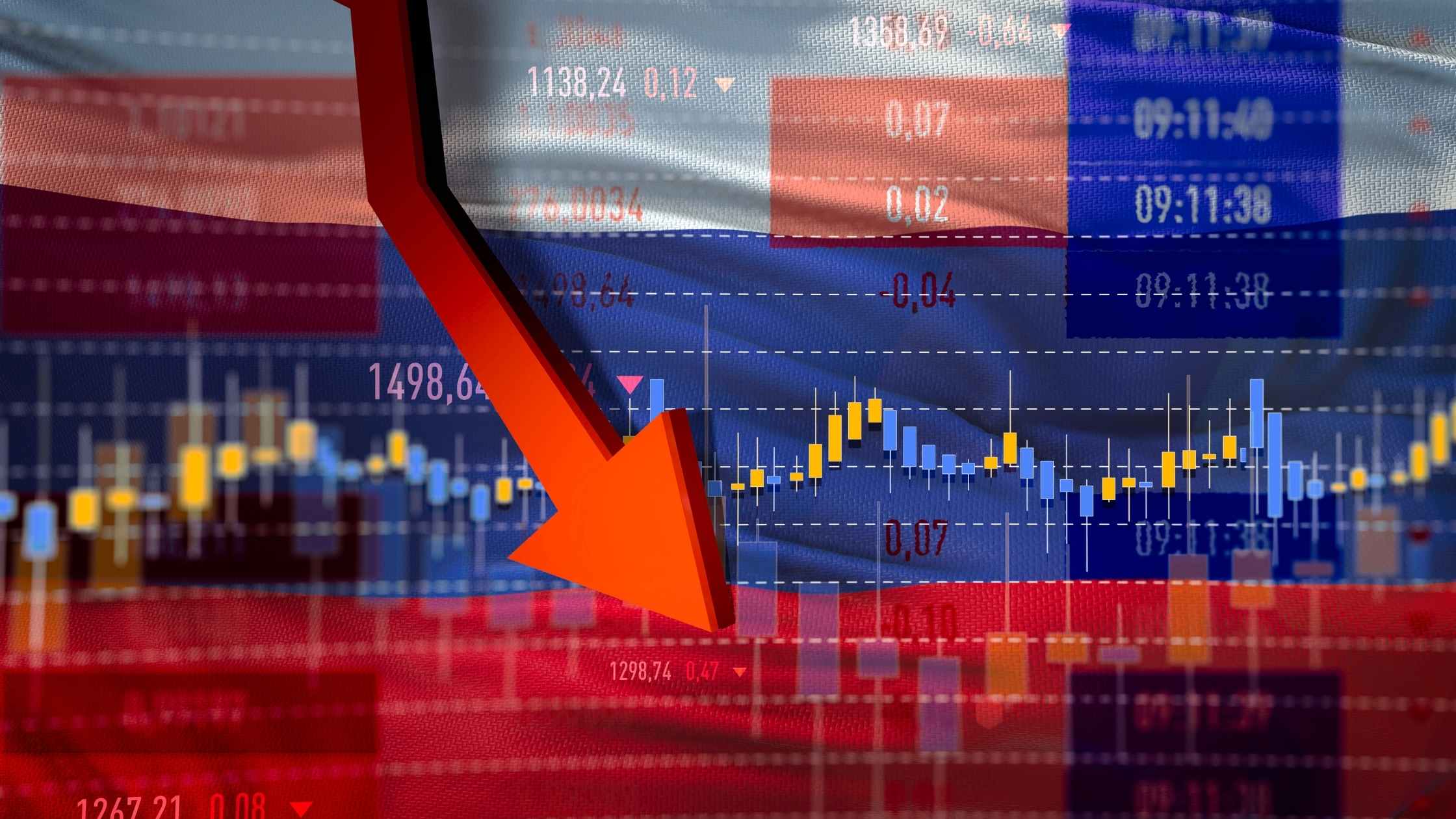The price of Bitcoin (BTC) surpassed the $40,000 level on intraday charts, as the leading cryptocurrency rose more than 15% in one day, despite the ongoing war between Russia and Ukraine.
The two largest cities in Ukraine, Kyiv and Kharkiv, are under attack from the Russian side. However, the huge economic sanctions imposed on Russia seemed to have brought the largest single-day gain Bitcoin had seen in a year. Most of the crypto markets are green, and Ethereum (ETH), the second-largest cryptocurrency, has risen by more than 12%.
All banks worldwide have pledged to block SWIFT from Russia. The U.S. Treasury Department has placed a ban on U.S. entities interfacing with Russia’s central banks. Foreigners are prohibited from Moscow’s stock exchange for fear of stock-market sell-offs.
Financial markets and war in Ukraine
Russian President, Vladimir Putin, initiated the conflict in Ukraine. The entire world is watching, and most nations are sending humanitarian aid and military equipment. However, observers fear that the almost 200,000 strong invading force that was defeated by the surprisingly strong Ukraine resistance will resort to more brutal tactics. As sanctions from the United States and Europe began to bite into Russia’s economy, the Russian and Ukrainian delegations held an initial peace talk at the Belarus border during the fifth day of the conflict.
Although nobody had expected Ukraine to fight off the invading forces for so long, with each day that passes, more economic sanctions and escalations are taking place.
Mykhailo Fedorov, Ukraine’s Vice Prime Minister and Minister for Digital Transformation asked that all major crypto exchanges block Russian addresses during the fifth day of the conflict.
The U.S. and the European Union have removed certain Russian banks from the Society for Worldwide Interbank Financial Telecommunications (SWIFT), a messaging network that supports global financial transactions. This is the system that both Ripple and Stellar are trying to replace with lighting speed networks and significantly lower transaction fees.
Is cryptocurrency a way to avoid sanctions?
These economic sanctions are without precedent in the modern economy, and some militate for adopting blockchain products to bypass some of these constraints. As investors see the potential for massive investments in decentralised finance (DeFi) after the Russian sanctions, Bitcoin and all other top altcoins are rallying today.
Due to the ban from the SWIFT payment system, Russian banks are now prohibited from interbank transactions with non-Russian entities. It is expected that the Russian banks will try to use crypto as a way of circumventing this sanction and other measures meant to isolate them from the global financial system.
Russian citizens are now unable to use their credit cards outside Russia, and the effects of the harsh sanctions on the Russian central bank had caused the ruble to drop 30% in one day, on February 28, when $1 was around 101 Russian Rubles. In an attempt to stop the price from plummeting even further, the Russian central bank froze the Russian exchange market and ordered Russian businesses to sell 70% of their foreign cash assets. Also, the central bank ordered brokers not to execute sell orders from foreign shareholders.
The DeFi space is still an innovation, but considering the strict Russian financial environment, it could help increase the number of people focusing on it. Military conflicts have always posed a huge threat to economies, and investors often wonder where else they can put their money. This looks like one of those smart bets, and DeFi could be one of the few solutions left to this fast degrading economy.
Without a doubt, the sanctions imposed on Russia by Western powers are biting hard on the country’s economic system. Russia’s ruble is sinking.

